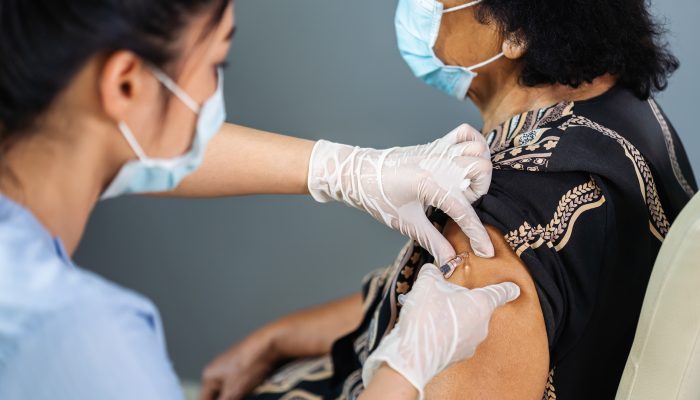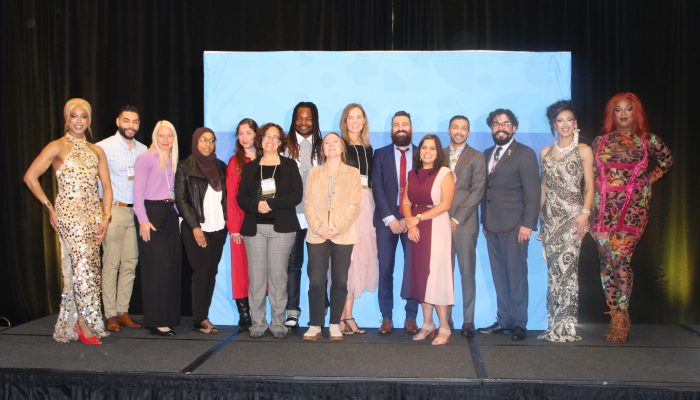Winter respiratory virus season is here. While most people already know about colds and flu, it’s important to know about RSV or Respiratory Syncytial (sin-SISH-uhl) Virus, as well. It’s another common cause of colds and other respiratory infections.
RSV is a common seasonal respiratory virus. Even though RSV usually causes mild symptoms like a cold, it can sometimes be serious, leading to hospitalization and death in infants and older adults.
The good news is that, for the first time, we have immunizations to protect infants and older people from RSV.
Infants up to 12 months old, especially those who are six months and younger, are at high risk for RSV infection. Toddlers who were born prematurely, have weakened immune systems, chronic lung disease, or were born with heart disease are also at high risk.
You can have your baby immunized with an RSV antibody during your baby’s first RSV season to prevent RSV. If you are pregnant, you can get a single dose of RSV vaccine during weeks 32-36 of pregnancy to prevent RSV infection in your baby when they are born. Talk to your healthcare provider if you have questions about getting protected. Most major chain pharmacies are carrying the RSV vaccine for pregnant people. The immunization available for babies is in short supply this year. Your baby’s doctor will be able to discuss that with you.
Adults who are 60 years of age and older are also at high risk for hospitalization and even death due to RSV. If you are older than 60, you can get a single dose of the RSV vaccine. The vaccine will protect you for at least two years. Talk to your healthcare provider if you have questions about getting the vaccine.
You can get other immunizations, such as the updated COVID-19 vaccine and the flu vaccine, at the same time as your RSV vaccine. Side effects can include pain or swelling in the injection site, fever, or tiredness. Speak to your healthcare provider about scheduling immunizations.
Symptoms and spread of RSV
Symptoms of RSV may include fever, runny nose, cough, wheezing, sore throat, headache, and tiredness. Like other respiratory viruses, a cough or a sneeze can easily spread RSV to nearby people, objects, or surfaces. People who touch those objects or surfaces can then get infected by the virus by touching their face.
What to do daily to avoid spreading RSV
To help prevent the spread of RSV:
- Clean frequently touched surfaces.
- Avoid close contact with people who are sick.
- Stay home when you are sick.
- Wear a mask if you are around a lot of people in public areas and are worried about getting sick.
- Wash your hands thoroughly and often.
- Cover your mouth and nose when you cough or sneeze.
Contact your healthcare provider if you are concerned or have questions about RSV. Call 911 or go to an ER IMMEDIATELY if you or your child have difficulty breathing, become dehydrated from not drinking enough fluids, or experience worsening symptoms.
The best way to protect yourself and your loved ones from RSV is to take precautions to stop the spread of the virus. Take advantage of vaccinations available to you. For more information, call the Health Department at 215-685-5488 or email PublicHealthInfo@phila.gov.




